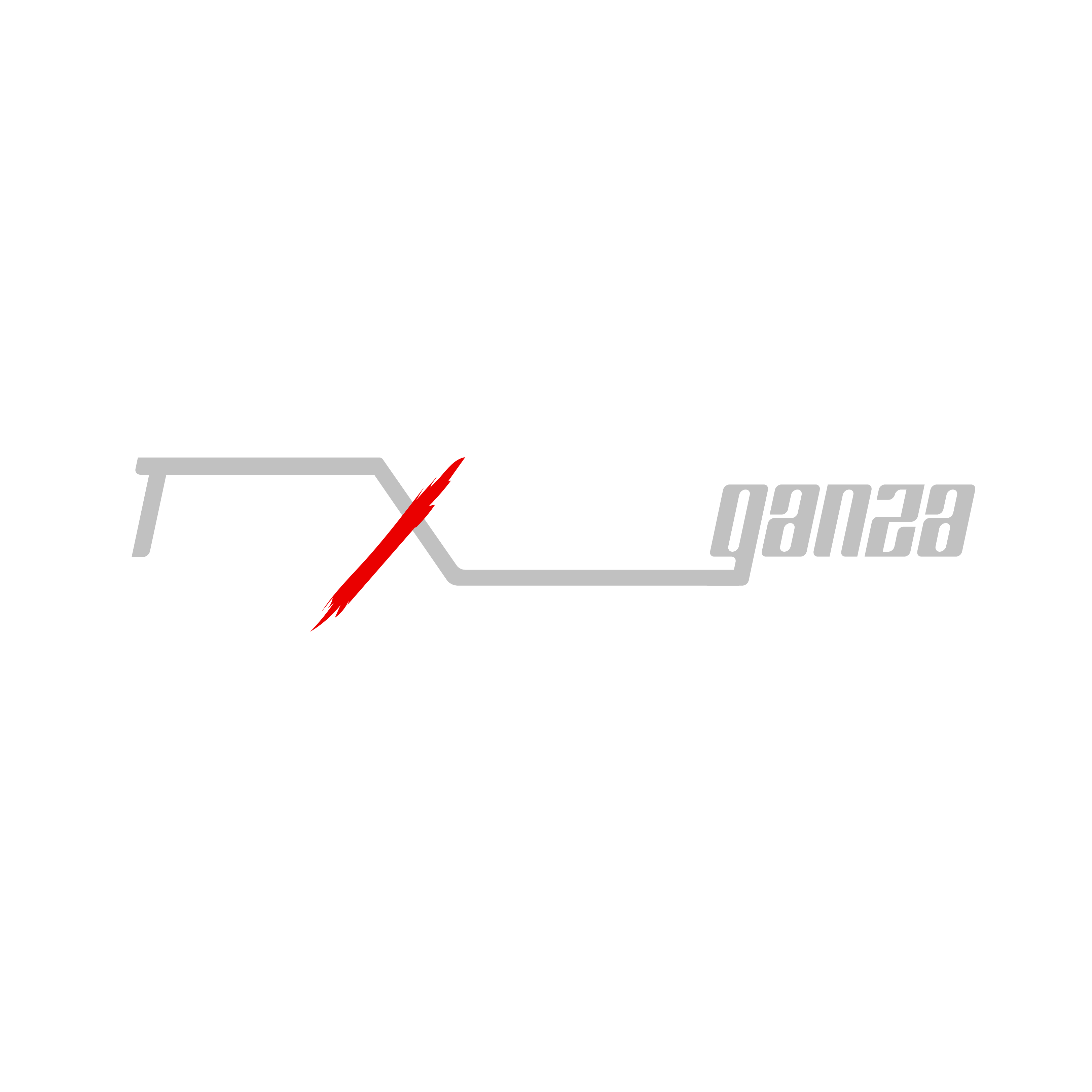Full Internet Restoration In Nigeria, Others May Take a Month – MainOne

The repair of the undersea cable cut that has affected internet services in Nigeria and many parts of sub-Saharan Africa may take about five weeks to be completed, MainOne said in a Friday statement.
MainOne, whose facilities provide internet services to many parts of western and southern Africa, also provided details of the undersea cable cut and its efforts to repair it.
In the statement on its website, the company said its “MainOne submarine cable carries a significant portion of the international traffic into West Africa and provides services to multiple countries hence the magnitude of the impact.”
The company said it has a maintenance agreement with the “Atlantic Cable Maintenance and Repair Agreement (ACMA) to provide repair services for the submarine cable.”
According to the service provider, the steps to be taken include first identifying and assigning a vessel to retrieve the necessary spares required for repair and then sailing to the fault location to conduct the repair work.
It said that the next step to complete the repair involved the affected section of the submarine cable being pulled from the seabed onto the ship where skilled technicians would splice it.
Ir said that post repair, joints would be inspected and tested for any defects and then the submarine cable lowered back to the seabed and guided to a good position.
According to the statement, the total repair process may take about five weeks.
“This process might take 1-2 weeks for repairs while about 2-3 weeks of transit time may be required for the vessel to pick up the spares and travel from Europe to West Africa once the vessel is mobilised,” it said.
The data company also refuted claims that the disruptions may have been caused by humans or armed groups.
It said most submarine cable faults occur as a result of human activities such as fishing and anchoring in shallow waters near shore, natural hazards such as earthquakes, landslides, and then equipment failure.
“Given the distance from land, and the cable depth of about 3 kms at the point of fault, any kind of human activity – ship anchors, fishing, drilling etc has been immediately ruled out.
“Our preliminary analysis would suggest some form of seismic activity on the seabed resulted in a break to the cable, but we will obtain more data when the cable is retrieved during the repair exercise,” the company said.
MainOne, a digital infrastructure service provider, also declared a force majeure, which absolves it of contractual obligations to its customers in certain circumstances.
It said that commercial contracts typically included such a force majeure clause which enabled service providers to suspend contractual obligations for the duration of such disruptions.
A force majeure is an unforeseeable circumstance that prevents someone from fulfilling a contract.
The unforeseen circumstances may be natural disasters (fire, storms, floods), governmental or societal actions (war, invasion, civil unrest, labour strikes), or infrastructure failures (transportation, energy).
Many Nigerians including telecommunications companies and banks were on Thursday hit by an internet outage as a result of damage to international undersea cables supplying them with connectivity.
According to the Nigerian Communication Commission (NCC), the damage affects major undersea cables near Abidjan in Côte d’Ivoire and is causing downtime across West and South African countries.
The NCC said that the cuts occurred somewhere in Cote d’Ivoire and Senegal, with an attendant disruption in Portugal.
It said that cable companies – West African Cable System (WACS) and African Coast to Europe (ACE) in the West Coast route from Europe – had experienced faults, while SAT3 and MainOne had downtime.
The regulatory body added that similar undersea cables providing traffic from Europe to the East Coast of Africa, like Seacom, Europe India Gateway (EIG), and Asia-Africa-Europe 1 (AAE1), were said to have been cut at some point around the Red Sea.
This, it said, resulted in the degradation of services across these routes.
In its statement, Mainone said it was working to restore services to as many of its customers as possible and to complete the repairs to the cable system as planned.
“We believe it is important to inform our customers of the fault details given the magnitude of the situation to set expectations and make contingency arrangements while the repairs are ongoing.
‘’We experienced a fault on the MainOne network, preliminary findings and further investigations revealed that the fault occurred due to an external incident.
”That external incident resulted in a cut on our submarine cable system in the Atlantic Ocean offshore Cote D’Ivoire, along the coast of West Africa.”
It said that the cable cut had disrupted international services on its cable south of the landing in Senegal, resulting in the outage of internet services for the majority of its customers.
“We recognise the impact of the outage and are working tirelessly to make available restoration capacity for temporal relief where feasible.
“We have some pre-configured restoration capacity on other cable systems, unfortunately, those cable systems are also down currently.
“We have since acquired capacity on available cable systems but we have not found readily available capacity to fully restore services to all our customers,’’ Mainone said.
The statement added that MainOne had some restoration agreements with other operators to mitigate service disruptions, but unfortunately, those cable systems were also impacted by outages at this time.
“It is believed that MainOne submarine cable carries a significant portion of the international traffic into West Africa and provides services to multiple countries hence the magnitude of the impact.
“We are actively restoring services to the extent possible and mobilising a vessel for repairs and will update once there are more details,” it said.
The statement added that MainOne cable are very well protected as could be seen from the number of incidences on its cable system since its inception in 2010.
According to the statement, MainOne has taken the lead in West Africa in championing the International Cable Protection Committee (ICPC) and organising submarine cable owners associations in Nigeria and Ghana.
It said its activities were to promote awareness of the strategic benefits of submarine cables, and proactive regulations and measures to minimise submarine cable damage.
‘’We are very optimistic that our cable will be repaired as planned and services fully restored so that we can continue to operate with continued integrity of the submarine cable,” it said.
Source: National Updates






